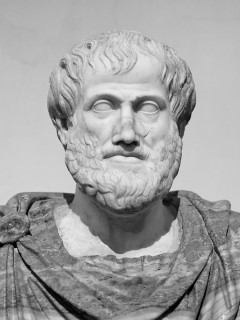
Publication details
Publisher: Springer
Place: Berlin
Year: 2005
Pages: 241-261
Series: Continental Philosophy Review
Full citation:
, "Divine and mortal motivation", Continental Philosophy Review 38, 2005, pp. 241-261.


Divine and mortal motivation
on the movement of life in Aristotle and Heidegger
pp. 241-261
in: Continental Philosophy Review 38, 2005.Abstract
The paper discusses Heidegger's early notion of the "movedness of life" (Lebensbewegtheit) and its intimate connection with Aristotle's concept of movement (kinēsis). Heidegger's aim in the period of Being and Time was to "overcome" the Greek ideal of being as ousia – constant and complete presence and availability – by showing that the background for all meaningful presence is Dasein, the ecstatically temporal context of human being. Life as the event of finitude is characterized by an essential lack and incompleteness, and the living present therefore gains meaning only in relation to a horizon of un-presence and un-availability. Whereas the "theological" culmination of Aristotle's Nicomachean Ethics finds the supreme fulfillment of human life in the semi-divine self-immanence and self-sufficiency of the bios theōrētikos, a radical Heideggerian interpretation of kinēsis may permit us to find in Aristotle the fundamental structures of mortal living as self-transcendent movement.
Cited authors
Publication details
Publisher: Springer
Place: Berlin
Year: 2005
Pages: 241-261
Series: Continental Philosophy Review
Full citation:
, "Divine and mortal motivation", Continental Philosophy Review 38, 2005, pp. 241-261.


